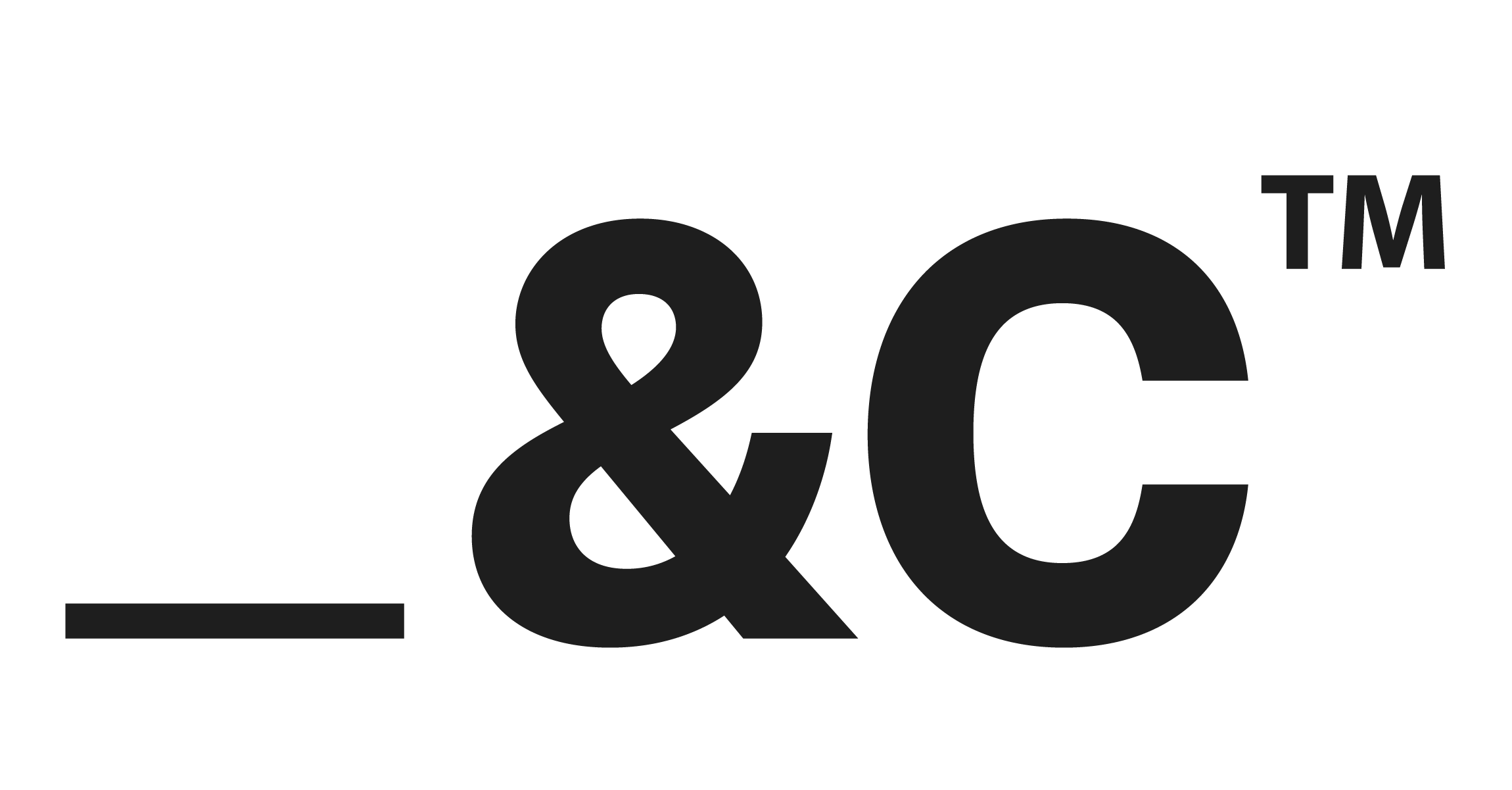In the vibrant streets of Bangalore, a shopper pauses mid-scroll on Instagram, captivated by a Reel highlighting an innovative, sustainable lingerie collection from a local startup. Meanwhile, in Lucknow, expectant mothers buzz in WhatsApp chats, sharing insights on comfortable maternity wear from emerging brands. Social media has seamlessly integrated into India's intimate apparel landscape, revolutionizing how fledgling companies engage with buyers in a field long shrouded in privacy. Spanning major cities to emerging urban centers, channels such as Instagram, WhatsApp, and Facebook are reshaping brand-consumer dynamics, fostering dialogue, and fueling revenue in a sector on the rise. The Indian lingerie market, valued at USD 5.4 billion in 2024, is poised to expand to USD 12.0 billion by 2033, growing at a CAGR of 8.40%. Globally, the intimate apparel market was pegged at USD 45.19 billion in 2024, anticipated to climb to USD 48.45 billion in 2025 and USD 69.42 billion by 2030, with a CAGR of 7.41%.
Uncomfortable underwear shouldn't steal your confidence. At Andcircus, we craft ultra-soft, sustainable Lenzing Modal Micro® innerwear for every body, XS to 5XL. From briefs to bras, our custom packs fit you perfectly. Shop risk-free with our 100% satisfaction guarantee and embrace comfort that includes everyone. #LoveEveryBody. Shop Now!
How Social Media Shapes the Growth of Intimate Apparel Startups in India's Key Fashion Hubs
India's intimate apparel sector stands on the brink of transformation. Far from mere essentials, items like underwear, sleepwear, and loungewear now embody personal flair, wellness commitments, and self-expression. The industry faces a dynamic era of quick innovations, evolving buyer needs, and tangled supply chains. Heightened demand for health-oriented materials, virtual tailoring options, and all-encompassing designs is compelling firms to revamp their strategies in product creation and outreach. Technological leaps, including 3D knitting and seamless production, are delivering enhanced comfort, efficiency, and environmental responsibility. Social media serves as a vital amplifier for startups in states including Maharashtra, Karnataka, Tamil Nadu, Delhi, Telangana, Uttar Pradesh, Gujarat, Haryana, Kerala, and West Bengal. These digital avenues transcend advertising; they act as cultural connectors, aiding brands in harmonizing contemporary vibes with age-old customs in a nation where intimate wear talks were once hushed. Metropolises like Mumbai and Delhi pioneer with daring, influencer-backed initiatives, whereas secondary cities such as Surat and Kochi advance via tailored, local-language tactics.
The surge in online-first buying has revolutionized the game. Shoppers in cities and suburbs alike are growing at ease with virtual intimate wear acquisitions, encouraged by subtle delivery and authentic social content. Features like Instagram Reels, WhatsApp Business tools, and Facebook groups render these goods approachable and desirable, propelling new ventures to prominence swiftly.
Regional Trends: A Social Media Mosaic
In Maharashtra and Delhi, Instagram Reels function as virtual catwalks for intimate apparel newcomers. Local fashion voices, acting as micro-influencers, share genuine clips on body acceptance, sizing accuracy, and material breakthroughs, striking a chord with youthful city dwellers. These concise, captivating videos pierce through the clutter of international labels, providing a bespoke appeal that giants often miss. In Tamil Nadu and Karnataka, enterprises harness platforms like Myntra and Flipkart, merging social promotions with fluid e-shopping journeys. For example, brands in Chennai have leveraged influencer ties for educational content on fit, boosting visibility and sales.
Kerala and West Bengal offer contrasting narratives. WhatsApp Business emerges as a trust-builder here, with startups deploying campaigns in native tongues to appeal to those skeptical of glitzy city promotions. Ventures in Kochi have seen inquiry upticks through localized product launches featuring guides in Malayalam. In West Bengal, posts in Bengali on Instagram aid in simplifying lingerie choices for novices in places like Siliguri.
Telangana and Gujarat excel in blended approaches. Hyderabad-based outfits combine city influencer nods with regional ads for locales like Warangal. Surat, a textile powerhouse, sees brands employing Instagram Live to display advanced fabrication, leveraging local manufacturing heritage. Such methods underscore social media's prowess in linking city dreams with grassroots realities.
Haryana and Uttar Pradesh blend urban-rural markets, where Instagram's regional pages serve as vital conduits for modest brands aiming at spots like Kanpur and Gurugram. Kerala continues to shine with live demos of green lingerie lines, syncing with the area's eco-awareness.
Real-World Impact: Stories from the Ground
In Delhi and Maharashtra, startups are redefining intimate apparel tales. Mumbai entities partner with micro-influencers sharing journeys of body confidence, igniting chats in exclusive Instagram circles. These efforts transcend sales, cultivating allegiance by mainstreaming talks on comfort and fit. Tamil Nadu witnesses maternity brands flourishing in Facebook parent forums, where shared endorsements create natural hype unmatched by conventional ads.
Uttar Pradesh and Haryana illustrate social media's penetration power. Instagram fashion hubs lifeline small players targeting mixed markets. Kerala's live sessions on sustainable collections resonate with green-minded buyers, bolstering the state's eco-focus.
Nationwide, brands like Zivame and Triumph exemplify shifts. Zivame, a leading online lingerie hub, uses bloggers and influencers to spotlight ranges, addressing taboos head-on. Triumph emphasizes empowerment, evolving from controversy to inclusive messaging. Amante's "Love Yourself" ethos encourages self-acceptance, reflecting broader communication evolutions.
PrettySecrets tapped friend-group dynamics in campaigns, promoting confidence in safe spaces. Wacoal's #FeelsSoFine portrays lingerie as luxury, using music and poetry for narrative depth. These instances show how tailored social strategies drive engagement and growth.
Challenges: Navigating a Complex Landscape
Yet, social media isn't infallible. Cultural nuances pose barriers, especially in Uttar Pradesh and West Bengal's semi-urban zones, where bold lingerie ads might provoke discomfort. Brands must navigate with care, merging vivid imagery with dignified tones. In Karnataka and Tamil Nadu, upstarts battle algorithm dominance by deep-pocketed globals, turning exposure into an expensive pursuit.
Privacy worries persist. Haryana and Delhi women often shy from public forums on private buys, prompting brands to form secluded Facebook groups for secure exchanges. Acquisition expenses soar in bustling arenas like Maharashtra and Delhi, where standing out demands substantial investment amid ad floods.
Broader hurdles include policy adherence; platforms ban explicit content, pushing lingerie brands to creative, non-nude visuals. Viral potential carries risks, as content can affect reputation swiftly.
Opportunities: The Road Ahead
Growth prospects abound. India boasts 491 million active social media users in 2025, offering a massive pool. Tailored initiatives, such as native-language influencer ties in Telangana and Kerala, yield results. Hyderabad ventures report engagement surges via Telugu YouTube Shorts on sizing. Delhi and Bangalore use women-focused Facebook groups for Q&As on fabric and fit, nurturing communities.
Education fuels progress. Tamil Nadu and Gujarat favor YouTube Shorts for quick sustainability and sizing tips, earning trust from newcomers. WhatsApp drops unlock Tier-2 access in Lucknow, Kochi, and Surat, prioritizing personal touches. These tactics build bonds in an authenticity-craving market.
Social media boosts visibility cost-effectively, aiding startups in brand building and sales. Influencer marketing transforms consumption, with Gen Z discovering trends online. Apparel retailers see sales lifts from targeted activities. One lingerie brand's social push yielded 206% Facebook reach growth yearly.
Ambassador programs incentivize user-generated content, enhancing metrics and loyalty. Digital disruptors in fashion leverage online for expansion.
Threads of Empowerment in the Digital Age
As India's intimate apparel arena advances toward USD 12.0 billion by 2033, social media emerges as a pivotal force beyond promotion, a societal shifter. From Mumbai Reels to Kochi WhatsApp drives, startups are upending a conservative domain, positioning lingerie as empowerment symbols. Future success hinges on sensitive narratives, steady interactions, and local influencer alliances. In diverse India, social media weaves ambition, novelty, and reliability, post by post.
Frequently Asked Questions
How is social media transforming India's intimate apparel market for startups?
Social media platforms like Instagram, WhatsApp, and Facebook are revolutionizing how intimate apparel startups connect with customers across India's major cities and emerging urban centers. These digital channels serve as cultural connectors, helping brands blend contemporary trends with traditional values in a sector that was once considered private. The platforms enable startups to reach customers through targeted content, influencer partnerships, and localized campaigns, contributing to the market's projected growth from USD 5.4 billion in 2024 to USD 12.0 billion by 2033.
Which social media strategies work best for lingerie brands in different Indian states?
Different regions across India respond to distinct social media approaches for intimate apparel marketing. In Maharashtra and Delhi, Instagram Reels featuring micro-influencers work as virtual catwalks, while Tamil Nadu and Karnataka brands leverage educational content through platforms like Myntra and Flipkart integrations. Kerala and West Bengal prefer WhatsApp Business with native language campaigns, and states like Telangana and Gujarat use hybrid approaches combining city influencer partnerships with regional advertising to reach both urban and rural markets.
What are the main challenges intimate apparel startups face when using social media marketing in India?
Intimate apparel startups encounter several key challenges including cultural sensitivities in semi-urban areas of states like Uttar Pradesh and West Bengal, where bold advertising might cause discomfort. Privacy concerns lead many women to avoid public forums about intimate purchases, prompting brands to create private Facebook groups. Additionally, high customer acquisition costs in competitive markets like Maharashtra and Delhi, platform content restrictions that ban explicit imagery, and the need to compete against algorithm-favored global brands with larger advertising budgets pose significant hurdles for emerging startups.
Disclaimer: The above helpful resources content contains personal opinions and experiences. The information provided is for general knowledge and does not constitute professional advice.
You may also be interested in: Why Eco-Friendly Bras and Panties Are the New Standard in Intimates
Uncomfortable underwear shouldn't steal your confidence. At Andcircus, we craft ultra-soft, sustainable Lenzing Micro Modal innerwear for every body, XS to 5XL. From briefs to bras, our custom packs fit you perfectly. Shop risk-free with our 100% satisfaction guarantee and embrace comfort that includes everyone. #LoveEveryBody. Shop Now!







































